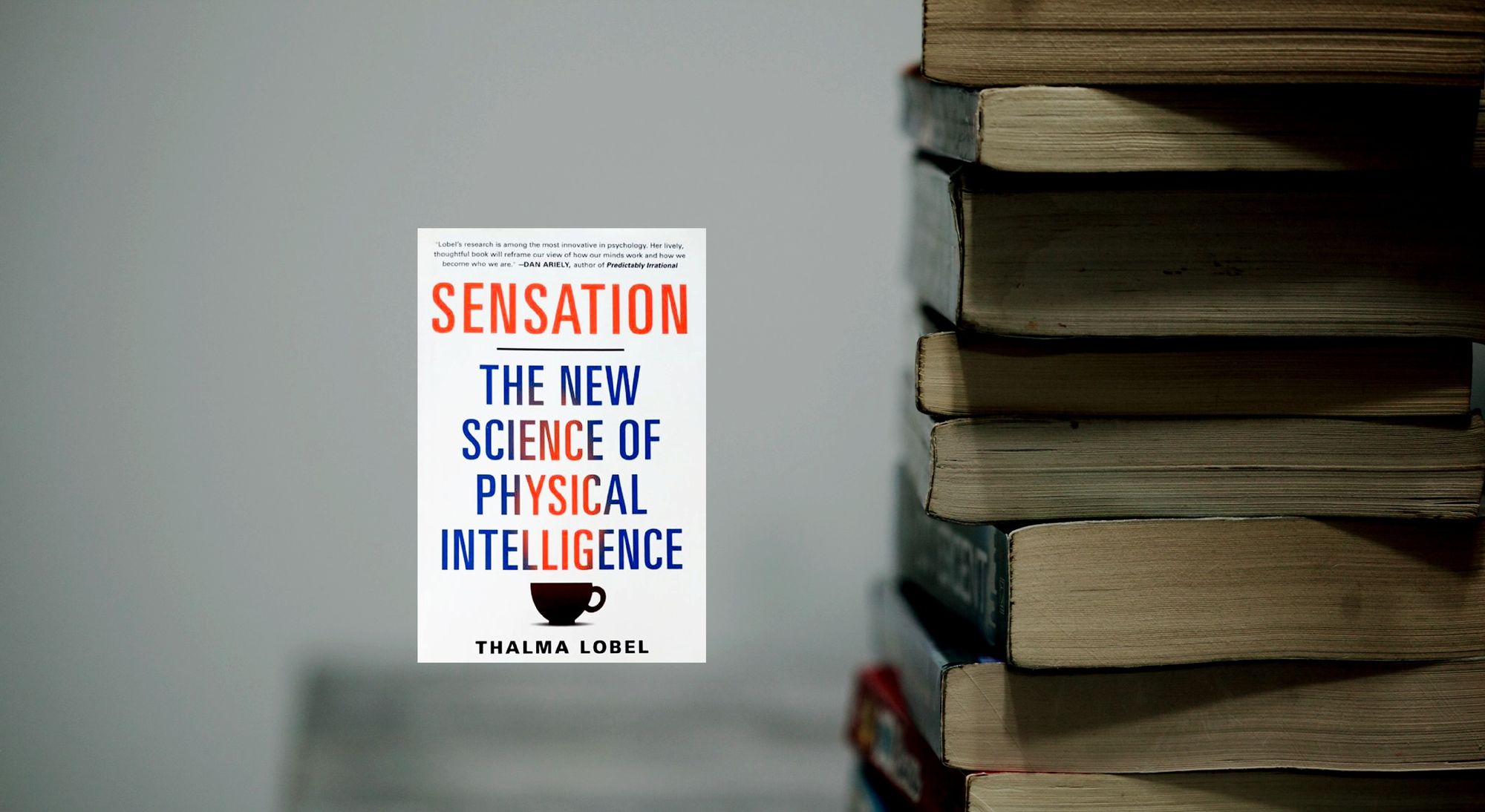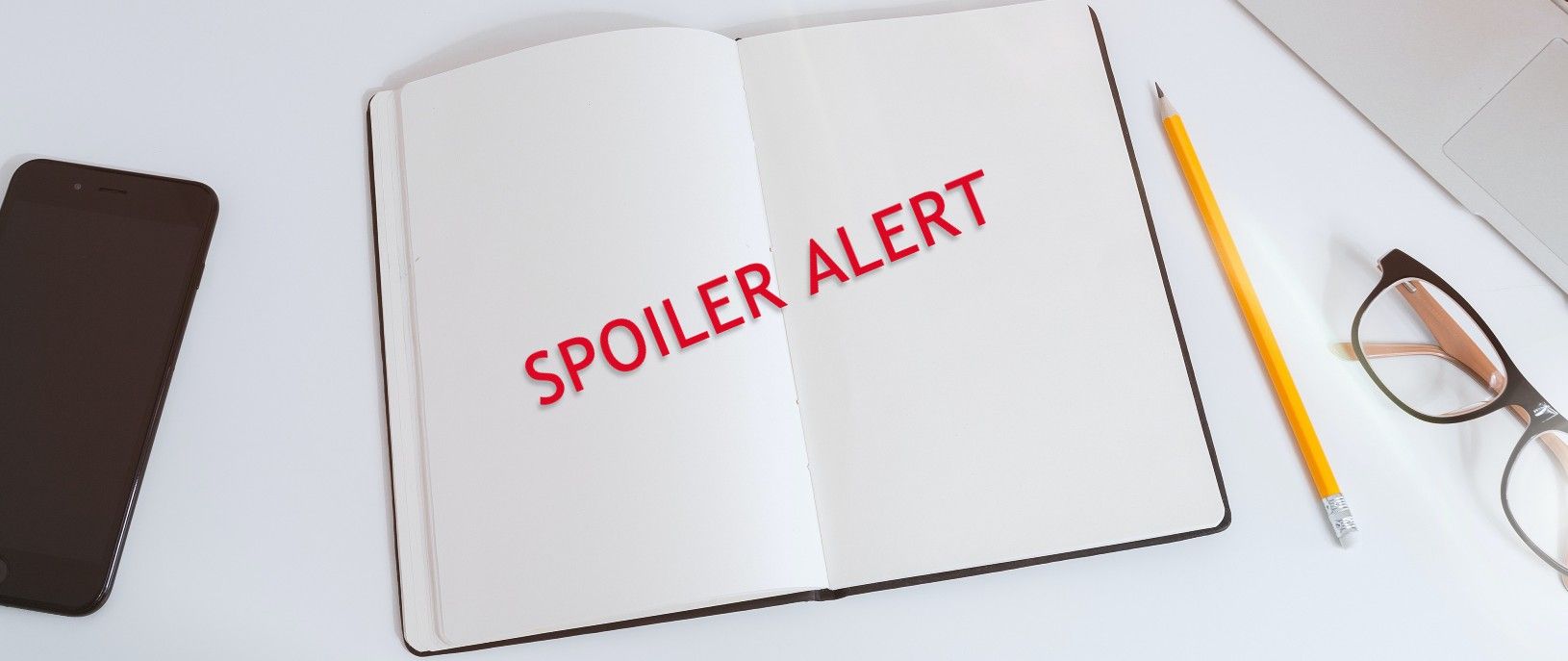Sensation: The New Science of Physical Intelligence - Book Summary

by Thalma Lobel, PhD
"Sensation is a delightful collection of the most interesting ideas, experiments, and anecdotes from the world of psychology today. A terrific read if you're interested in why some people fall in love, some fall afoul of the law, and others fall prey to clever marketing ploys."
– Adam Alter, author of Drunk Tank Pink: And Other Unexpected Forces That Shape How We Think, Feel, and Behave
"Sensation is sensational! Chock-full of jaw-dropping studies, fascinating insights, and practical applications that will make you reexamine everything you do. Every page feels like a peek into the hidden workings of the human mind!'
– Guy Winch, PhD, author of Emotional First Aid

“Sensation is an exciting, completely new view of human behaviour—a new psychology of physical intelligence (or embodied cognition)—that explains how the body unconsciously affects our everyday decisions and choices, written by one of the world’s leading psychologists.”
Chapter 1 - How Temperature Affects Us
It has proven that a person who holds a wormer cup even for a few moments can perceive a person as more generous, good-natured and caring <vs> if they were holding a cold cup the person was seen as more irritable, selfish and ungenerous.
Temperature can even influence our perception of intimacy and connection
If a person in a group feels excluded, will say will sense a lower room temperature than others.
Participants felt a closer connection to a person when they hold a hot beverage.
When holding a hot pad, people have the tendency of choosing a gift for a friend(46%) more than those who hold a cold pad only (25% of them choose a git for their friends).
We can see that the temperature can influence decisions in the casual relationships between people but in business also.
Chapter 2 - Texture
Touch will also influence people, a light tap will make the investors take more risks. Touching increases trust and cooperation because it reduces our perception of threats.
“Soft seats made softer negotiators.”
Security objects in childhood like blankets or soft toys will help children to have a feeling of security and reduce their anxiety, especially in unfamiliar or scary situations.
Chapter 3 - Weight
Psychological we assign a heavy weight to a matter of importance.
If a person has a heavy conscious, worries, feels remorse or keeps a secret when is given a task it will estimate that it will take more energy and time compared with someone who doesn't have any of the issues.
Chapter 4 - Red and Performance
Colours influence our mood.
Red - in many cultures it represents passion, danger and threat.
Tip: wear red when you participate in a competition.
Students performed much lower on a test when on their paper was written a number in red ink vs the students with the numbers in green or black ink. This means that red ink on a paper test invokes the fear of failure.
Chapter 5 - Red and Sexual Attraction
Sessing a woman having something red emphasise attraction. Men are not influenced by the colour red in likability or intelligence, only by woman’s attractiveness.
But if a woman is very attractive, not wearing red will not make her less desirable.
For men, red can be used in the same manner. If a politician whats to have more votes he should wear a red tie.
Chapter 6 - Contrast
The colour black is associated with darkness and white with purity.
In a study on a game with both teams performing equally showed that the team wearing black was penalized more often than the team wearing white.
Chapter 6 - Space
If your space is invaded you tend to back out. If a person is in a store that is empty and other people enter and check the same rack as the first person, he will feel invaded and leave to store.
When you do not want to have your boss's emotions closer? If you what a rise, and is because you have financial difficulties then yes, the emotions are good here. But if you what a rise because you got a job offer and you want him to match that then it can be better for him not to get emotional.
Chapter 7 - High and Mighty
When we draw a relationship between power and powerless we tend to put them in a vertical line with the power on top. We perceive taller people as more authoritarian and powerful, and also authoritarian and powerful people are perceived much taller than they actually are.
We can do the same with our portions, if we feel powerless we can compensate by getting something bigger. Next time when you get a large cup of coffee ask yourself: does the size You're getting have anything to do with how you feel or what to be perceived?
“Standing straight is good not only for the back but also for the soul!”
Chapter 9 - Guilt, Morality and Cleaning
We associate morality with cleanliness. When we felt our morale is threatened we have the urge to clean. But just to remember “a cleaner salesperson may be more likely to cheat and a homeless person could be the most honest person you meet”.
A study showed each member of a group two objects to choose from, an antiseptic wipe or a pencil. During the experiment, the first group was told to recall an unethical act and 67% of them choose the antiseptic wipe on their way out vs 33% of the group that was told to recall an ethical act. Physical cleanliness reduces guilt.
After an immoral situation if a person washes their hands are more likely to judge less hardly than a person who does not wash.
Washing after an overwhelming situation can help you release the tension.
Chapter 10 - Taste and Smell
We associate the sweet taste with good and lovable. We can associate a person more agreeable if they fancy sweeter food.
Tasting something sweet can make a person sweeter, at least in a short term.
Smelling a scent of cleanliness can influence our cleaning behaviour.
Chapter 11 - Embodying Metaphors
In one study two groups of people were asked to write about a decision that they regret. Group A had to put the paper in a sealed envelope before handling and group B just handle the papers. When they were asked to rate their feelings about their paper, group A rated the experience less negatively than group B.
Exposure to creative environments stimulates our ability to solve problems.
“Think outside the box”
Note: Some pieces of information are left out of the book.
Get the full experience by reading it! ❤

